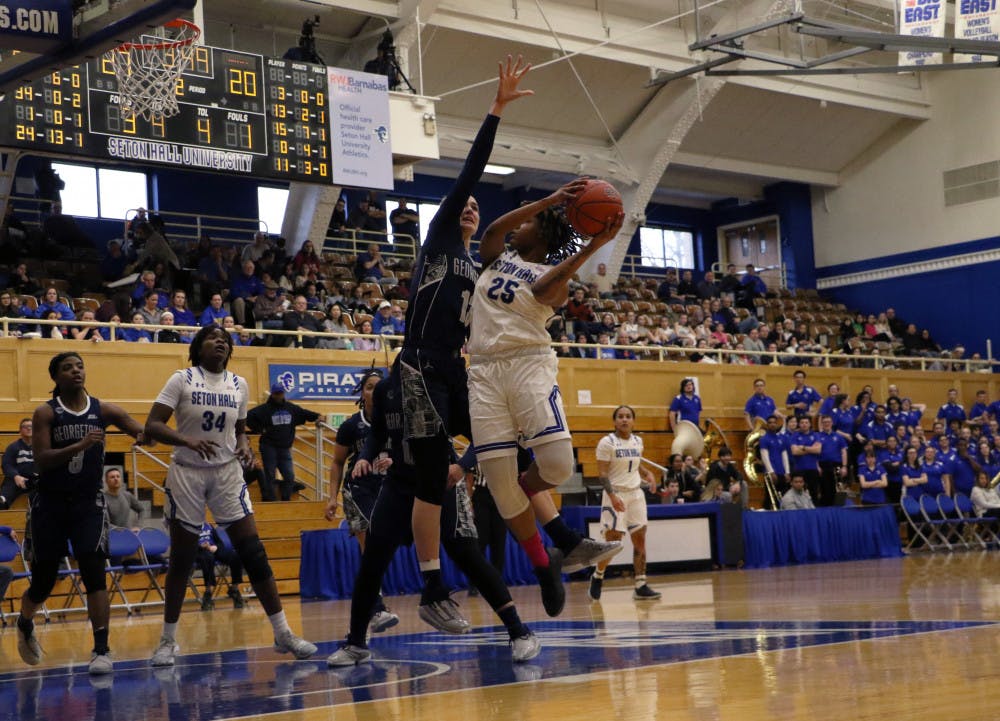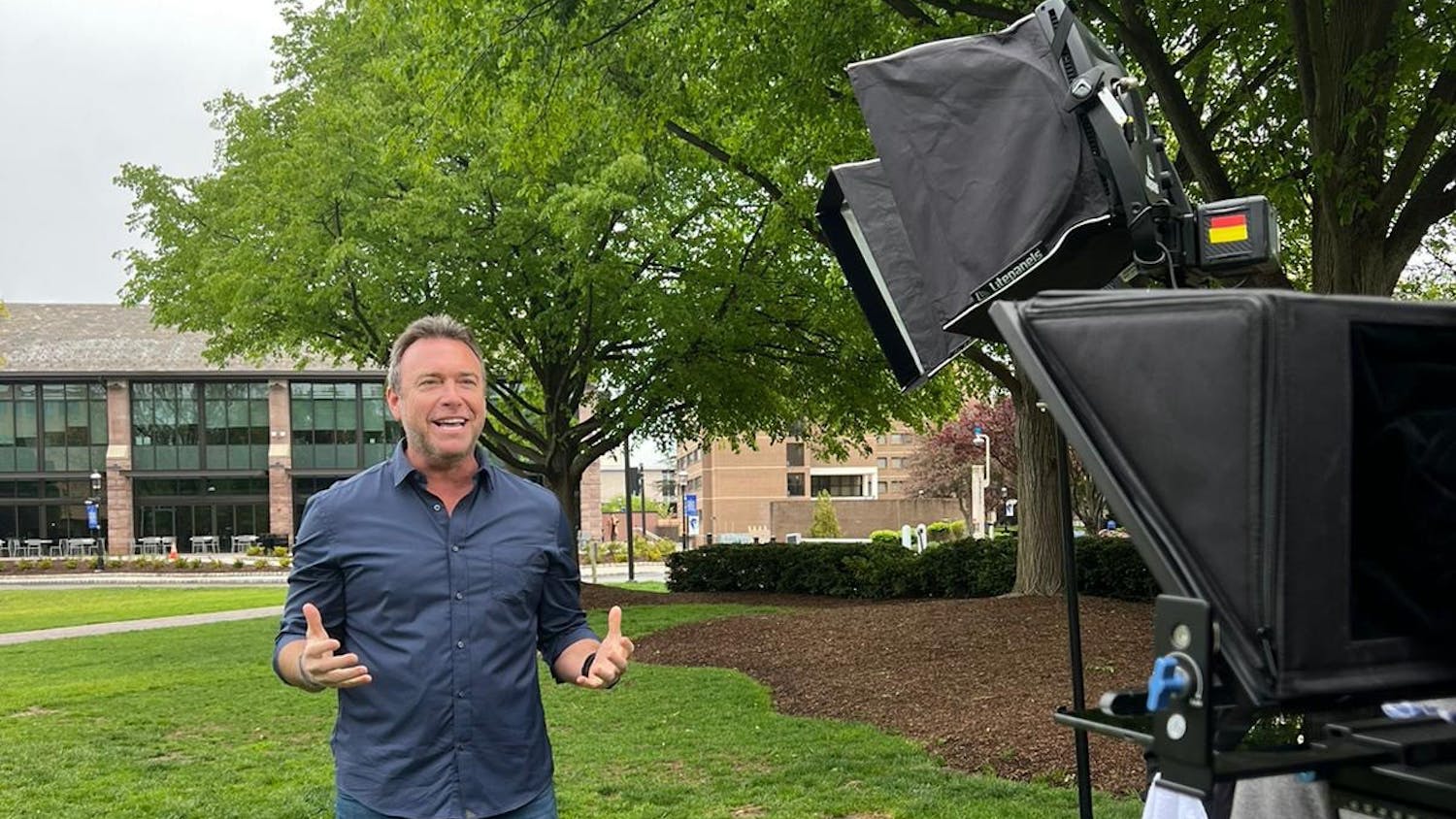When it swept into the United States in July of 2011, the music streaming service Spotify was an instant hit, even more so than its predecessor, Napster.
Spotify, which is based in Sweden, allows users to stream music from selected major and independent record labels, including Sony, Warner Brothers and Universal, create and share playlists with friends, and also contains an option for users to listen to the radio.
The service now boasts more than 10 million users, including 2.5 million paying subscribers. For those who want the full experience, Spotify's premium account is $10 per month and gives its users access to more than 15 million songs without commercial interruption and the ability to stream directly from their mobile device.
With such a passive business model, in contrast to similar companies such as Netflix, some have speculated whether or not Spotify will be able to stay afloat, offering free music streaming while still having to pay royalties to bands and record labels.
This month, Spotify answered that question by announcing that users who choose not to pay for their service will only be allowed to stream 10 hours of music each month, a far cry from the unlimited streaming granted to paying customers.
Perhaps the only questions left are will students want to pay for the service, and is it really worth it?
"I enjoy using Spotify because I don't have to be worried about long download times or pay for each individual song," said Kristen Napolitano, a junior who thinks the $10 monthly payment is more than worth it. "A flat rate is more appealing than paying per song because I'm likely to download more than 10 songs per month."
Napolitano thinks that Spotify can only be a good thing for the music industry, which has had trouble preventing illegal downloading and music piracy.
In the radio industry, not many are worried about the effects of Spotify. Actually, some are embracing it with open arms and gladly paying the monthly fee as well.
Omar Ahmad, the station manager of Seton Hall's 89.5 FM WSOU, thinks Spotify is a great service, especially since he can share his playlists with friends and listen to new music instantly, but notes that it just cannot replace some of the things terrestrial radio has to offer.
"Spotify hasn't really affected commercial radio too much, in my opinion," Ahmad said. "A majority of people who listen to radio do so in their car, and Spotify is yet to be this gigantic force or substitution for radio."
Ahmad said that radio's allure still lies in its giveaways, such as concert tickets and merchandise, and the ability to have a skilled disc jockey picking out new music, something a music streaming application just cannot offer.
"Spotify itself is not the future of music, but the direction they took is," Ahmad said. "What would be even better is if the program allowed customers to purchase merchandise and tickets from there directly. To have an all-inclusive package is the future."
Senior Danielle Maffei co-hosts a radio show on WSOU called "Under The Stars" and says Spotify has helped her spread her weekly playlist to the listeners.
"I love how it allows me to fulfill requests for my listeners," Maffei said. "A lot of the requests I get are from early 2000s, so I might not have it in my iTunes. But with Spotify, I can just look it up and play it."
Maffei said she does not pay for a premium account right now; however, she might consider it in the future.
It is clear that the future of the music industry is in streaming; however, it is not clear just how pivotal a role it will play or how quickly the change will come. According to Ahmad, people will always support their favorite bands no matter where the industry finds itself in the future.
"I do believe that people will buy albums from bands they truly love," Ahmad said. "Plus, most bands make their money from tours, concerts and merchandise."
To find out more about Spotify, check out their website at www.spotify.com.
John Lopiano can be reached at john.lopiano@student.shu.edu.





